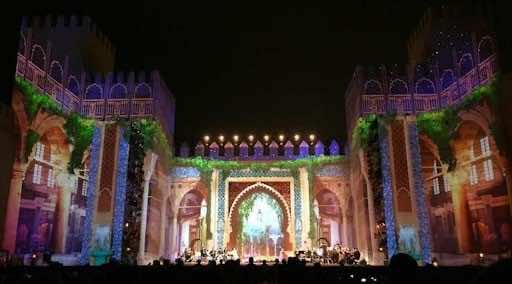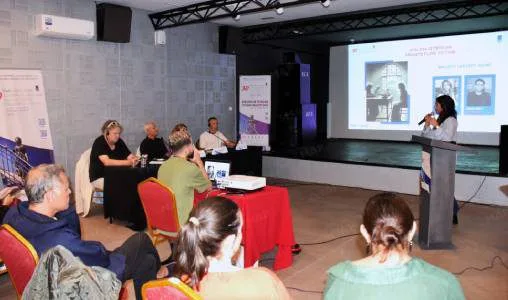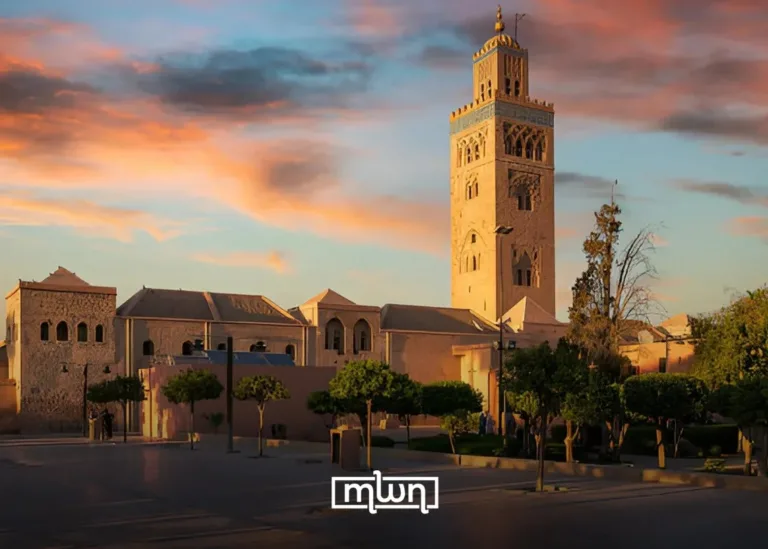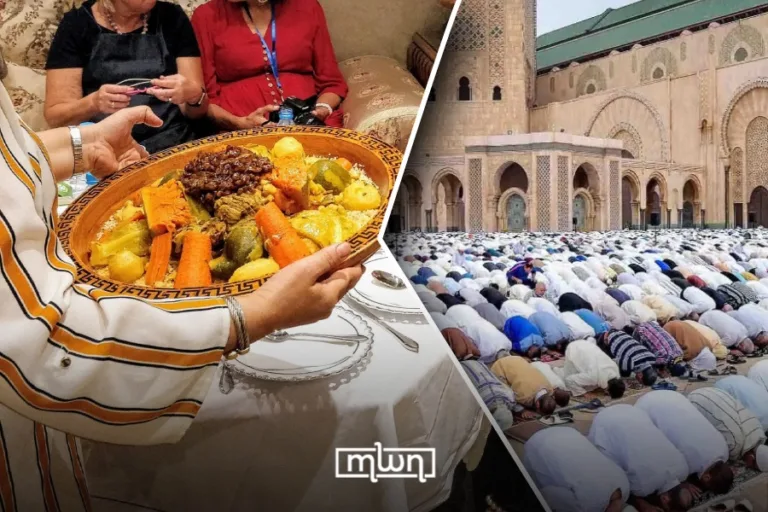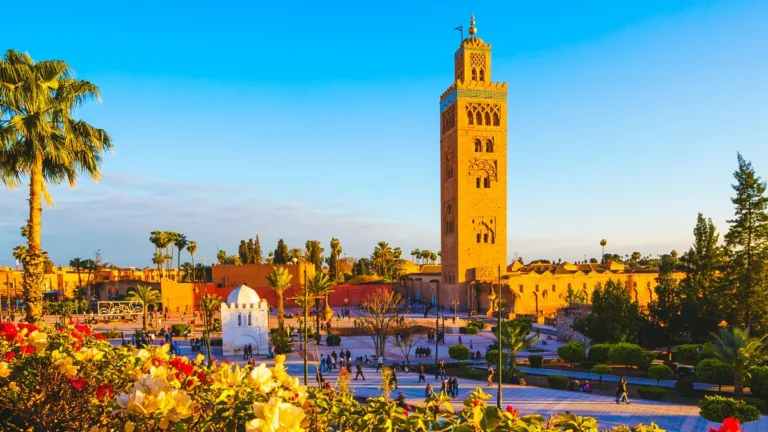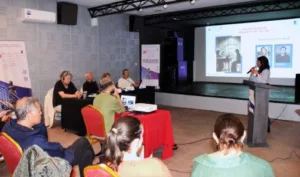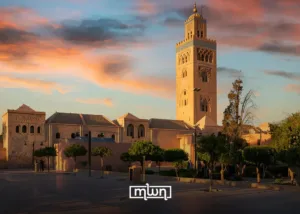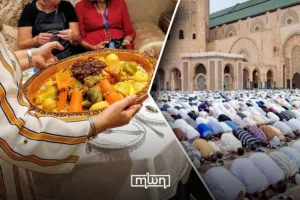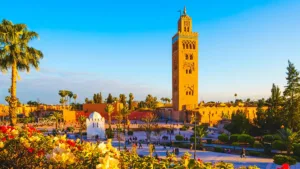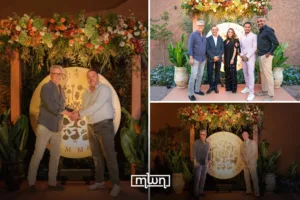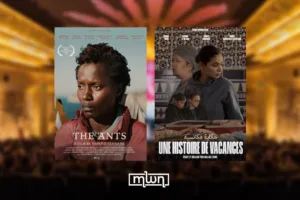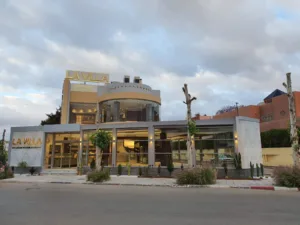Fez – The Fez Festival of Sacred Music, is set to take place in June for the first time since 2019 after being canceled the last two years due to COVID-19.
Abderrafie Zouiten, president of Fondation Esprit de Fes (Fez Spirit Foundation) made the announcement last week in Paris, at the headquarters of the French Senate.
Several politicians and cultural figures attended the ceremony where the announcement took place, including Rachida Dati, former European Parliament member, Moché Lewin, vice-president of the Rabbis of Europe, as well as former French Minister of Culture, Françoise Nyssen.
Themed “Architecture and the Sacred,” the 26th Fez Festival of World Sacred Music will take place at Bab El Makina in Fez, from Thursday June 9 to Sunday June 12.
Expected to kick off on June 9, the festival will welcome a number of national and international speakers who will provide new insight into the event.
According to an official statement from the festival’s president: “The program of this edition will see the presence of artistic troops from more than 15 countries, from the Sultanate of Oman, Kazakhstan, India, France, Italy, Senegal … The creation of the opening night will take you on a journey from Fez to Jerusalem, passing through Tibet, the Taj Mahal, the Notre-Dame cathedral to finish in Casablanca with the great Hassan II mosque.”
This edition will take festival-goers around the world through a variety of shows on themes ranging from architecture to religion.
Read also: National Geographic: Morocco’s Six Best Music Festivals
The audience will have the opportunity to discover how people of all religions use architecture to communicate their ongoing quest for the sacred, by exploring a portion of the world’s most unique religious constructions.
The four days festival will welcome artists from different ethnicities and backgrounds such as Michaël Levinas, a French composer, and the Roohani sisters, the leading vocalists behind the Sufi Jugalbandi concept, as well as Ibrahim Maalouf, a French-Lebanese jazz trumpeter.
During daytime, the attendees will visit various religious and cultural structures such as the Aben Danan synagogue in the Mellah, Dar Adiyel the historic mansion in Fez el-Bali, and Jnan Sbil, the 7.5-hectare garden created in the 18th century by Sultan Moulay Abdallah.
Those visits will enhance different music genres through concerts, shows, and a rich cultural discovery of the city of Fez and all that it abounds in history, as a testimony of a multicultural and spiritual city.
Morocco’s history is distinguished by the construction of magnificent houses of worship and learning like the Hassan II Mosque, Al Qarawiyyin University, the Koutoubia Mosque, and others. These magnificent locations have served to define the country’s culture of tolerance and openness.

